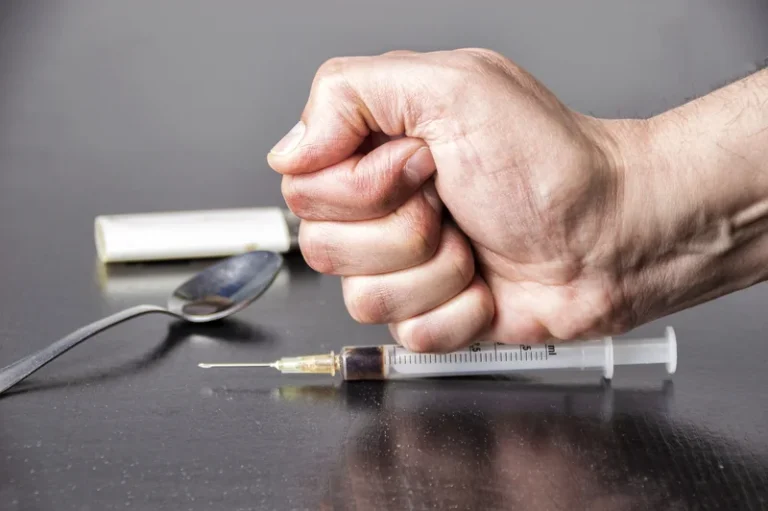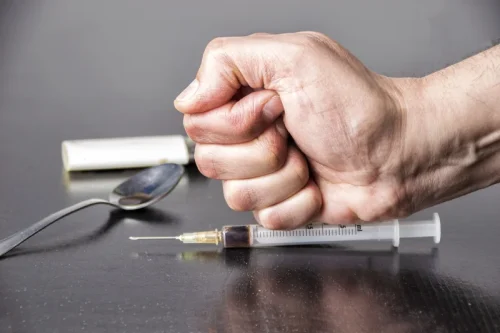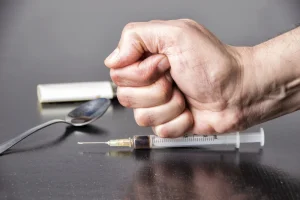
There are many alcoholism and anger ways to help people with PTSD deal with the high levels of anger they may feel. One important goal of treatment is to improve your sense of flexibility and control. In this way, you do not have to feel as if you’re going through trauma again each time you react to a trigger with explosive or excessive anger. If you or a loved one is struggling with alcoholism and co-occurring PTSD, recovery is possible. The experts at The Recovery Village offer comprehensive treatment for substance use and co-occurring disorders.
What Are the Treatments for Alcohol Use Disorder and PTSD?
- Because it is difficult to manage life with a drinking problem, it is harder to be a good parent.
- They review key surveys that have measured these disorders, the possible relationships between the two disorders, the risk factors, and which populations are at risk.
- Most of the studies allowed comorbid depressive disorders, drug use disorders, and subjects who were prescribed other medications.
- Other types of supportive and psychodynamic psychotherapy can also be useful as long as they do not shift the focus of treatment away from exposure therapy.
Administering naltrexone as part of the treatment for patients with both PTSD and alcoholism may help break the addictive cycle. Epidemiologic studies as well as studies in treatment-seeking populations converge to support the finding that early-life trauma is common in people with alcohol dependence. There are a number of potential mechanistic explanations for the connection between early-life trauma and the development of alcohol dependence.
Anger and PTSD in Combat Veterans
We publish material that is researched, cited, edited and reviewed by licensed medical professionals. The information we provide is not intended to be a substitute for professional medical advice, diagnosis or treatment. It should not be used in place of the advice of your physician or other qualified healthcare provider. The Recovery Village aims to improve the quality of life for people struggling with substance use or mental health disorder with fact-based content about the nature of behavioral health conditions, treatment options and their related outcomes. It should not be used in place of the advice of your physician or other qualified healthcare providers.
Treatments for Comorbid AUD and PTSD

The potential neuropsychological and neurobiological mechanisms underlying those relationships are discussed. Self-soothing skills make use of your five senses—touch, taste, smell, sight, and sound. By remaining mindful of something other than your anger, your mind and body naturally become calmer. Eventually, something may click and you’ll find a few techniques that work for your life. It’s a valid emotional experience and it can provide you with important information.
PHARMACOTHERAPY TREATMENT OPTIONS FOR PTSD
There are, however, as many studies reporting findings that conflict with results from our initial analysis (i.e., Breslau et al., 2003; Epstein et al., 1998; Kilpatrick et al., 1997) as there are with findings that support it. In an effort to identify possible mechanisms underlying the relationship of AD with trauma and PTSD, in our next stage of analysis we examined the potential confounding effects of co-occurring psychiatric conditions on these associations. Trauma history was coded positive if participants endorsed one or more items on the traumatic event checklist or if they met criteria for child physical abuse or neglect or sexual assault based on the additional child maltreatment and sexual assault questions in any wave of data collection.

Cognitive behavioral conjoint therapy

It can also create issues with relationships, contribute to chronic stress, and lead to unhealthy coping mechanisms. It’s true that anger can often lead to unhealthy behaviors like substance abuse or impulsive actions. While anger is a common response to these symptoms, there are ways to cope with each of these. But it can also be a destructive force that can lead to damage to individuals and to others. Shared decision-making, which uses a patient-centered, collaborative approach that includes the treatment team and the Veteran, should be used to make informed treatment decisions that align with the patient’s goals and values (35).
- By including psychiatric correlates of PTSD, trauma, and AD in our investigation of the PTSD-AD association, we extend the existing literature, which to date has rarely addressed the potential confounding effects of commonly co-occurring psychopathology on the relationship between PTSD and AUDs.
- While anger is a common response to these symptoms, there are ways to cope with each of these.
- Someone who experiences changes in mood or depressed feelings when drinking alcohol in addition to PTSD symptoms may be more likely to continue to drink excessively.
Research Regarding the Treatment of Co-Occurring PTSD and SUD
People seeking co-occurring PTSD and alcoholism treatment need to work with treatment professionals experienced in PTSD and alcohol treatment. The Recovery Village is experienced in treating alcohol and other substance use and co-occurring disorders like PTSD. Some studies have indicated that people who are diagnosed with PTSD and abuse alcohol may drink in an attempt to experience positive emotions. Alcohol use may improve their mood but is more likely to temporarily numb negative feelings followed by more serious negative feelings as the effects wear off. It is also possible for alcohol use to intensify the negative feelings that are already experienced. Drinking alcohol, especially to excess, is likely to have similar effects on mood.
Intense psychological trauma such as sexual abuse can cause changes in the body’s response to stress by increasing levels of CRH and dysregulating the HPA axis (11, 12). This results in a decreased number of CRH receptors in the anterior pituitary, decreased pituitary responsiveness to CRH, and disturbed negative feedback inhibition (13). Reduced responsiveness to CRH causes overactivation of the HPA axis and can disturb negative feedback by cortisol (Figure 1). Cortisol has widespread action and its dysregulation affects other neural systems including the mesocorticolimbic dopaminergic system, leading to inappropriate fear reactions and persistent mild depression (14). There are several general issues to consider when treating co-occurring alcohol dependence and trauma/PTSD.

One such study involved a sample of 85 social drinkers who were described as being low or high trait anger based on their responses to the anger expression index of the State-Trait Anger Expression Inventory-2 (STAXI-2) (Eastwood et al., 2020). They first consumed alcohol and were asked to recognize the emotions of different faces on a computer task. Specifically, they exhibited a reduced capacity to detect sadness and fear and a reduced tendency towards seeing happiness.